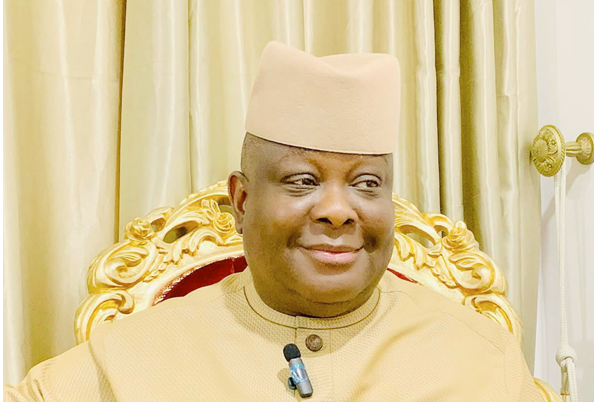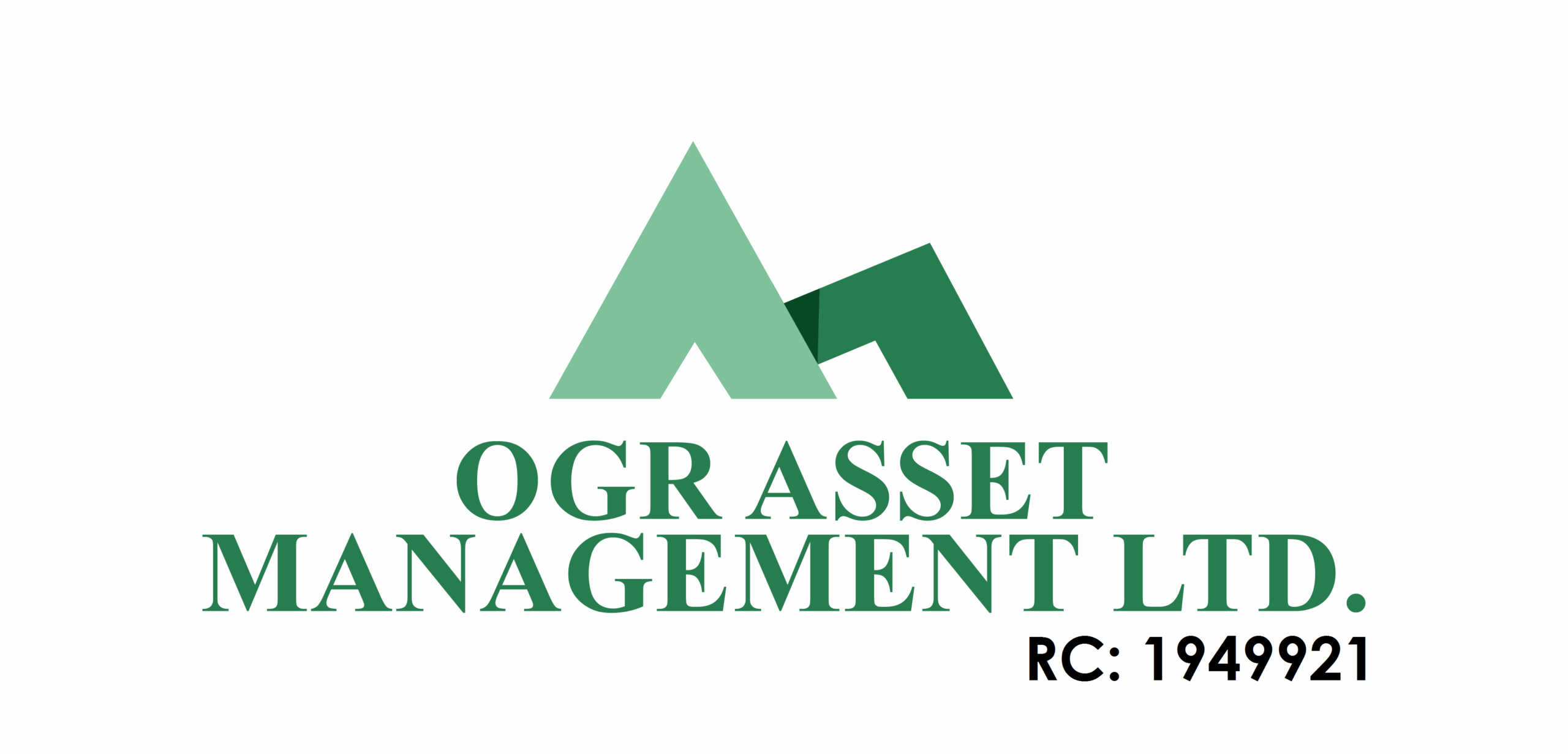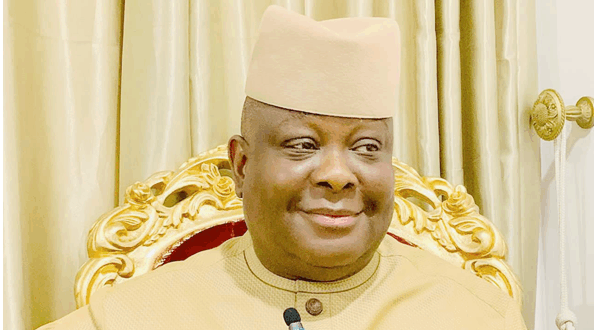Senator urges review of 30% capital gains tax

Senator urges review of 30% capital gains tax
The Chairman, Senate Committee on Capital Market and Institutions, Senator Osita Izunaso, has called for a review of the controversial 30 per cent Capital Gains Tax on share sales, warning that the policy has already triggered a N2tn loss in market capitalisation.
Speaking at the Moneyline with Nancy Investment Forum 2025 held on Wednesday in Abuja, Izunaso urged the Federal Government to adopt a more balanced approach to taxation to prevent further erosion of investor confidence and capital flight.
He said, “While taxation is essential for revenue generation, it is equally critical that fiscal measures do not inadvertently undermine investor confidence or discourage long-term capital formation.”
The senator disclosed that the new provision under the Nigerian Tax Act 2025, which raises the CGT on the sale of shares valued at N150m and above from 10 per cent to 30 per cent, effective January 2026, had unsettled investors. According to him, “We have observed significant disposals by major investors, resulting in a notable decline in market capitalisation over the past few days. As a matter of fact, the market lost over N2tn last week alone, largely on account of this panic sale.”
Izunaso appealed to the Minister of Finance to “explore mechanisms to address this concern, ensuring that both domestic and foreign investors remain engaged and confident in the Nigerian market.”
He stressed that a fair and predictable tax environment was critical to sustaining the positive trajectory achieved under ongoing capital-market reforms. The lawmaker, who delivered a keynote address titled “Redefining the Rules: The Investment and Securities Act 2025 and the Future of Nigeria’s Capital Market,” also commended President Bola Tinubu’s administration for reforms that had “provided a foundation for sustainable growth in the capital markets.”
He described the newly enacted Investment and Securities Act 2025 as a “forward-looking framework” aimed at strengthening regulatory oversight, enhancing investor protection, and elevating market transparency.
Izunaso said the legislation would help align Nigeria’s capital-market operations with global standards while supporting the Federal Government’s goal of building a $1tn economy by 2030.
He added, “As policymakers, regulators, and market participants, our collective task is to implement these reforms effectively and embrace the opportunities they present. The ISA 2025 is not just a legal instrument; it is a roadmap for building a capital market that is inclusive, resilient, and globally competitive.”
The event, organised by Moneyline with Nancy and themed “Nigeria’s New Financial Landscape: Reforms, Risks, and the Road to Wealth Creation,” brought together key policymakers, regulators, and investors to discuss fiscal reforms and market stability in Nigeria’s evolving financial ecosystem.
Also speaking at the event, the Chairman of the Presidential Committee on Fiscal Policy and Tax Reforms, Mr Taiwo Oyedele, said the ongoing tax reforms were aimed at fairness, growth, and efficiency rather than revenue collection.
He explained that Nigeria had been on the verge of economic collapse before the reforms began, but noted that the worst was now over, with macroeconomic indicators improving. Oyedele said businesses with turnover below N100m would be exempted from corporate tax, while low-income earners would be protected from additional tax burdens.
He stressed that share disposals up to N150m per year were exempt from capital gains tax and that larger disposals could also escape taxation if proceeds were reinvested.
He lamented misinformation that “caused panic and real losses,” adding that the clarification had reversed much of the market sell-off. According to him, the reforms are market-friendly, progressive, and designed to protect middle-class savers while ensuring that high-value investors contribute fairly. Oyedele said President Bola Tinubu had suspended or reversed more taxes than any previous administration, aiming for “a simpler, fairer, and more competitive tax system.”
In his remarks, the Akwa Ibom State Governor, Umo Eno, represented by the Commissioner for Information, Aniekan Umanah, said subnational governments must drive productivity and innovation to complement federal economic reforms.
He commended the Federal Government for liberalising the power sector, saying Akwa Ibom had begun generating, transmitting, and distributing its own electricity to attract private capital.
He highlighted the ARISE Agenda as the state’s roadmap for industrialisation, citing projects like Ibom Air, Ibom Deep Seaport, and several economic zones. Eno said the state was promoting tourism, agriculture, and youth empowerment to diversify the economy and make growth inclusive.
He added that Akwa Ibom was ready to serve as a model for how subnational governments can complement the bold efforts of President Bola Tinubu to build a $1tn economy by 2030.
The Special Adviser to the President on Economic Affairs, Dr Tope Fasua, said cryptocurrency had become too significant to ignore, noting that even the United States now officially recognises it as part of its financial ecosystem.
He said central banks globally were still cautious because “cryptocurrency represents decentralised banking and threatens traditional monetary control.” Fasua explained that Nigeria’s eNaira remained “a potent innovation that may yet regain relevance.”
He said recent government reforms had been “momentous and painful but are already yielding positive outcomes” such as moderating inflation and improving naira stability.
In his remarks, the Director-General of the Securities and Exchange Commission, Dr Emomotimi Agama, warned Nigerians to beware of Ponzi schemes, describing them as “a debilitating aspect of our financial system.”
He said, “When it’s too good to be true, it’s certainly not true,” and called for stronger financial education to protect investors. Agama said the SEC was committed to promoting knowledge-based investing, especially in productive sectors such as agriculture. He assured that the Commission would continue to partner with stakeholders to strengthen market integrity and investor confidence.
The Director, Consumer Protection and Financial Inclusion at the Central Bank of Nigeria, Dr Aisha Isa-Olatinwo, said financial inclusion remained a national priority aimed at providing affordable financial services to all Nigerians.
She explained that the country had achieved “about 95 per cent inclusion” and was now moving toward “economic inclusion” to empower women, youths, and MSMEs. Isa-Olatinwo said the CBN had merged its financial inclusion and consumer protection departments to strengthen trust and fair treatment in banking.
She added that the apex bank was deploying new complaint management systems and USSD channels to reach rural Nigerians.
Speaking earlier, the Executive Producer of Moneyline with Nancy on AIT, Mrs Nancy Illoh-Nnaji, said that sustainable wealth creation must be built on sound policy and financial literacy. She described the event as “a strategic conversation about Nigeria’s rewritten financial landscape” shaped by ongoing fiscal and monetary reforms.
Nnaji said the forum aimed to empower Nigerians with actionable knowledge and promote responsible investment practices for inclusive prosperity.
Source: https://punchng.com/senator-urges-review-of-30-capital-gains-tax




